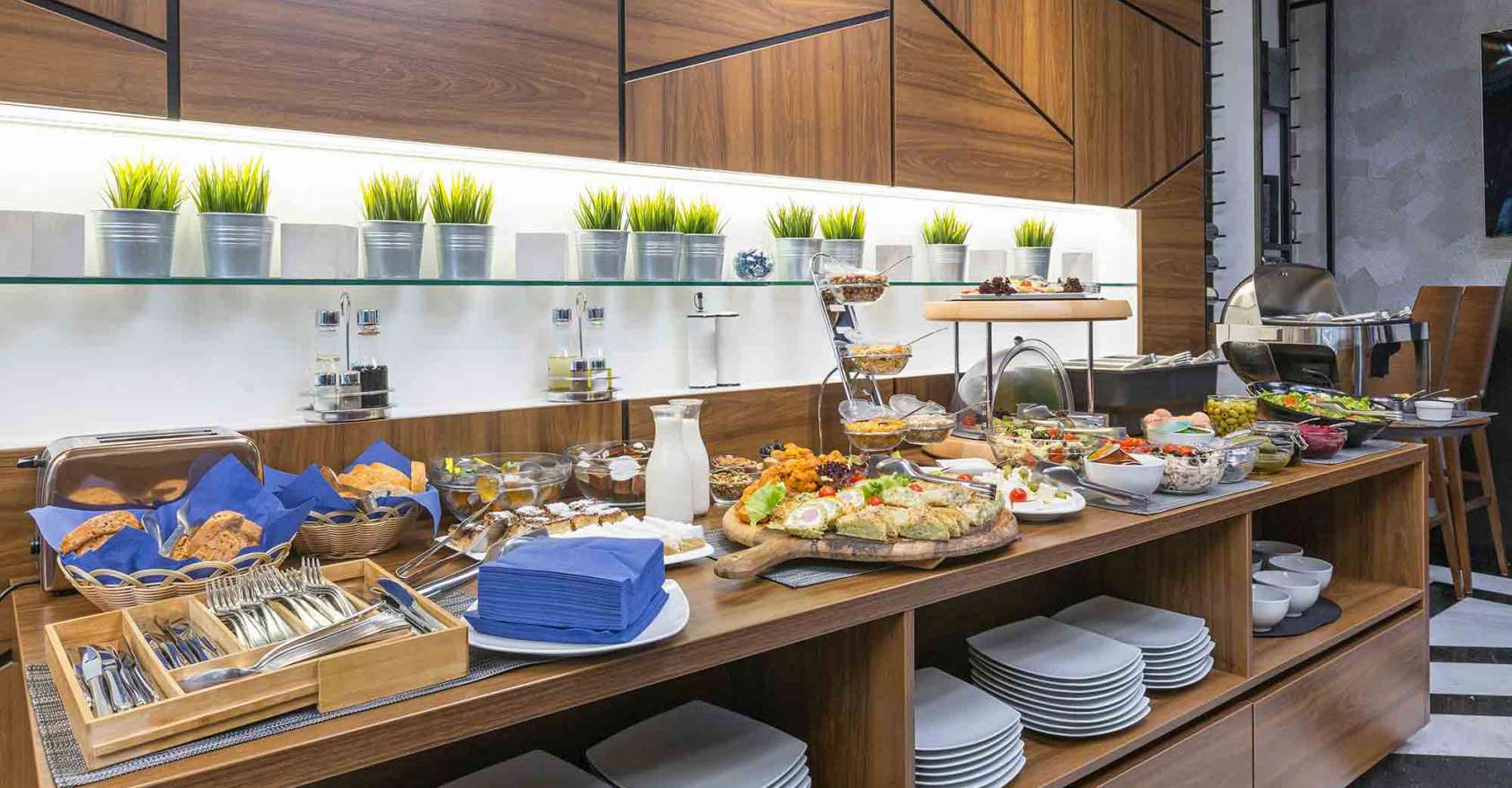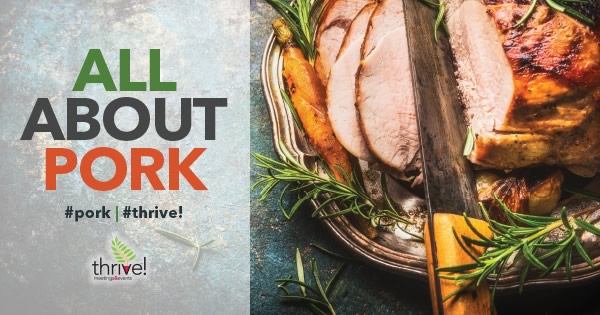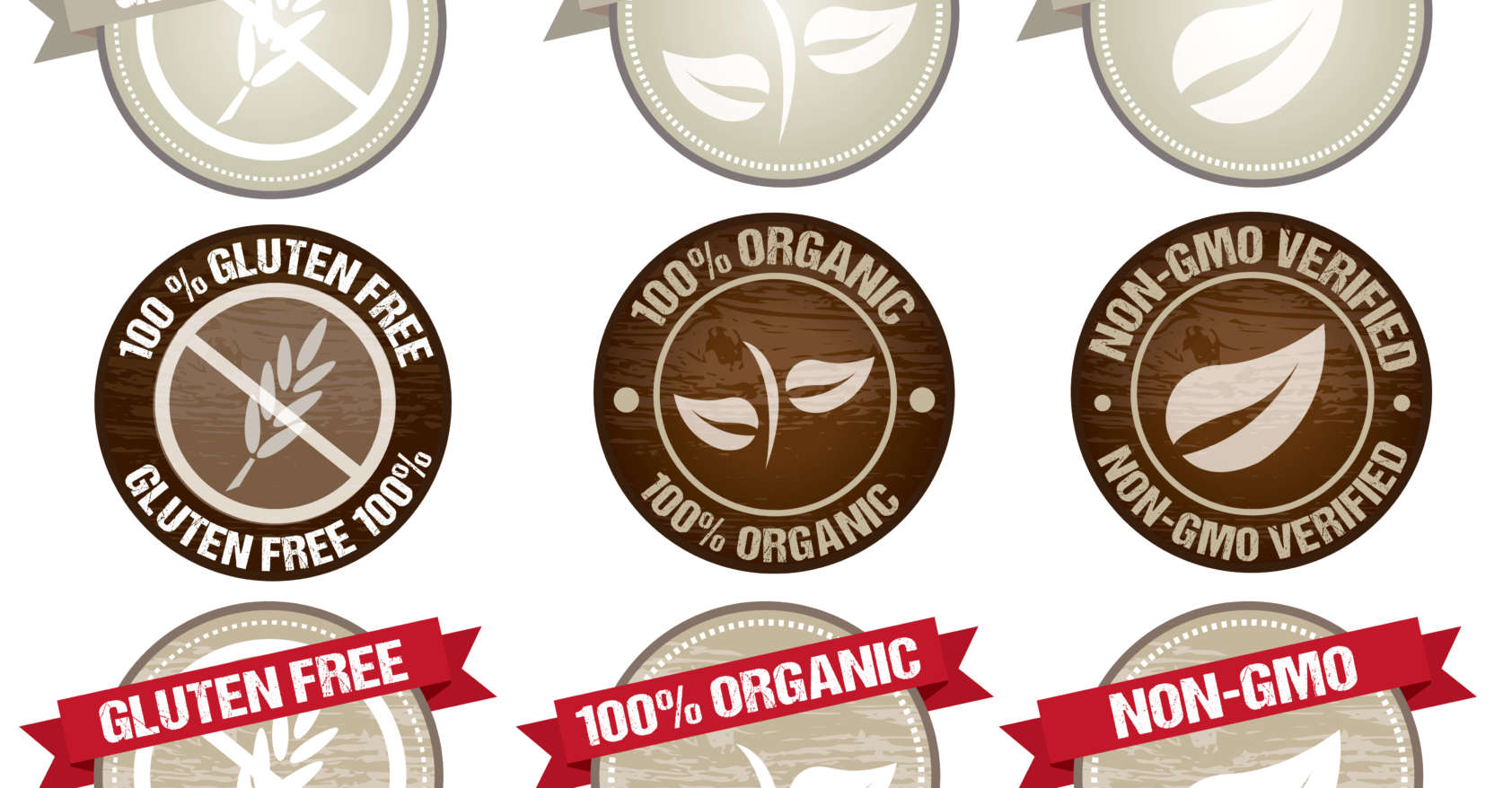World Wildlife Fund Hotel Kitchen Program offers Guidance on how to reduce, recycle and repurpose throughout the event food chain Why would the World Wildlife Fund, get involved in what happens in hotel kitchens? After all, WWF is all about protecting species and habitats and natural resources conservation, not bagels, brioche, and breakfast buffets. But when you consider that World Wildlife Fund also aims to transform markets and policies to reduce the impact of the production and consumption of commodities, it starts to make sense. In the U.S. alone, we waste or lose 30% to 40% of all the food…







